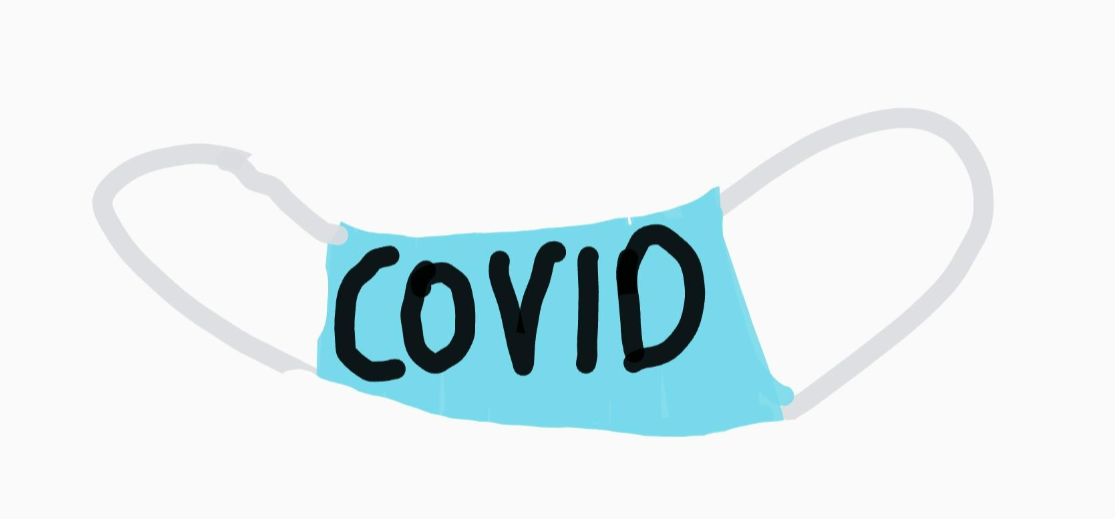The following is a media release from Sen. Elizabeth Warren’s office. She was elected by voters in the Commonwealth of Massachusetts to serve the state in Washington DC in the US Senate. She is a Democrat.
***

WASHINGTON DC – United States Senator Elizabeth Warren (D-Mass.), a member of the Senate Health, Education, Labor, and Pensions Committee (HELP), Congresswoman Barbara Lee (D-Calif.), Congresswoman Joyce Beatty (D-Ohio.), Congresswoman Judy Chu (D-Calif.), Congresswoman Karen Bass (D-Calif.), Congresswoman Robin L. Kelly (D-Ill.), and Congressman Raul Ruiz (D-Calif.) wrote to the Department of Health and Human Services (HHS) urging the agency to effectively allocate funds for underserved communities from the most recent COVID relief package, following the model of the COVID Community Care Act.
This model would provide grants to faith-based and community organizations to conduct testing, contact tracing, and public outreach in medically under-served communities.
“As you know, the COVID-19 pandemic has had a disproportionate impact on low-income communities, Tribal nations, and communities of color. It is essential that the funds Congress appropriated to address the public health emergency in these communities be used effectively, including through grants to nonprofit organizations and for culturally responsive outreach activities,” wrote the lawmakers.
[broadstreet zone=”59984″]
From the beginning of this pandemic, people of color and Indigenous people in the United States have suffered the largest burden of illness, hospitalization, and death from COVID-19. The Centers for Disease Control and Prevention (CDC) reports that American Indian/Alaska Native people are four times as likely as white people to be hospitalized for COVID-19 and that Black and Hispanic/Latino people are 2.8 times as likely to die of COVID-19 as white people. Mortality rates within the Asian American and Pacific Islander (AAPI) communities are also high.
At the same time, a legacy of discrimination and abuse by the health care system has created mistrust in many communities of color, which can lead to under-utilization of needed health care. The people who are best positioned to repair this legacy of mistrust are those who know their communities best.
Congress recognized this need by setting aside $300 million for vaccine distribution and administration and $2.5 billion for testing and contact tracing in high-risk and underserved populations, including racial and ethnic minority populations and rural communities, in the omnibus appropriations bill passed last month. These significant funding sources have the potential to meaningfully improve access to COVID-19 vaccines, testing, and other important mitigation tools, which can save lives in communities that have been most affected by the pandemic. However, the legislation did not include specific details on how these set-aside funds will be distributed.
[broadstreet zone=”59982″]
The COVID Community Care Act would empower trusted organizations in underserved communities to address mistrust of public health information and provide timely services to combat COVID-19. This legislation provides grants to faith-based and community organizations, as well as funding to the Indian Health Service, to conduct testing, contact tracing, and public outreach in medically under-served communities. It requires that persons hired to conduct engagement have experience and relationships with the people living in the communities they serve. Senator Warren, Congresswoman Lee, and their colleagues are urging HHS to use this model to ensure that the funding for underserved communities provided in the omnibus reaches organizations on the ground.
Since the beginning of the pandemic, Senator Warren has been pushing for health equity in the federal pandemic response and transparent information on racial equity.
- Last month, Senator Warren and Congresswoman Ayanna Pressley (D-Mass.) announced that the Government Accountability Office approved their request to investigate how COVID-19 relief funds have been distributed to disproportionately affected communities.
- At the request of Senator Warren, the Centers for Disease Control and Prevention has included an age-adjustment in its official COVID-19 race and ethnicity mortality risk data. This change reflects that Black, Latino, and Native Americans are dying of COVID-19 at a higher rate compared to white Americans than they previously reported.
- In September, Senator Warren along with Congresswomen Lee and Pressley introduced the Anti-Racism in Public Health Act, which would create a Center on Anti-Racism in Health at the CDC, improve the federal government’s ability to develop anti-racist health policy, and also create a Law Enforcement Violence Prevention Program at the CDC.
- In August, Senator Warren and Congresswoman Pressley introduced bicameral legislation, the Corrections Data Transparency Act, to require the Federal Bureau of Prisons, the United States Marshals Service, and state governments to collect and publicly report detailed data about COVID-19 in federal, state, and local correctional facilities.
- Senator Warren and Congresswoman Pressley introduced the bicameral Equitable Data Collection and Disclosure on COVID-19 Act to require the federal government to collect and report coronavirus demographic data on race and ethnicity.
In March, the lawmakers wrote to Health & Human Services Secretary Azar urging the agency to collect racial and ethnic demographic data on COVID-19 testing and treatment.
[broadstreet zone=”70106″]
[broadstreet zone=”70107″]
***
GRAPHIC by Walsh Middle School students Sasha Lamakina

